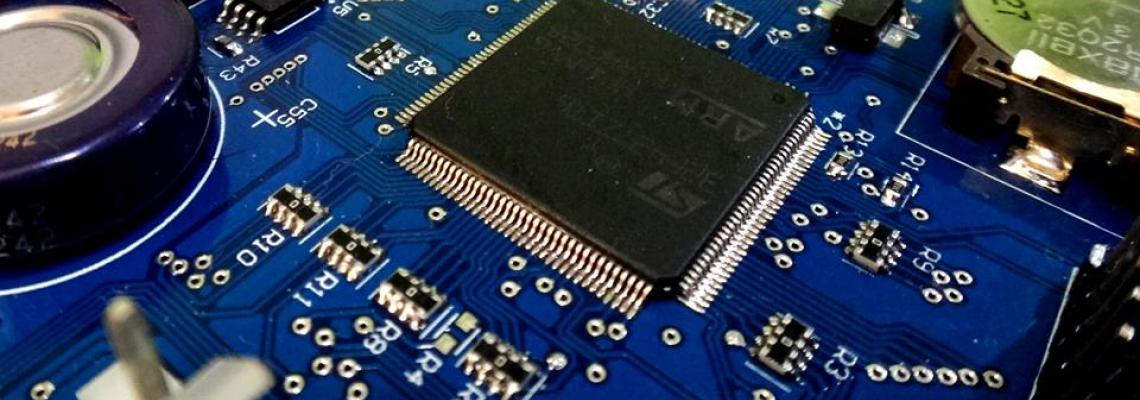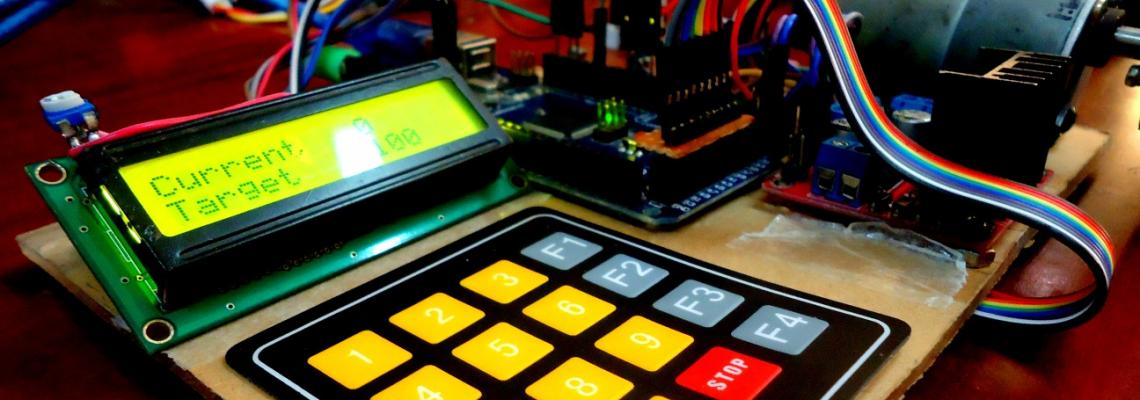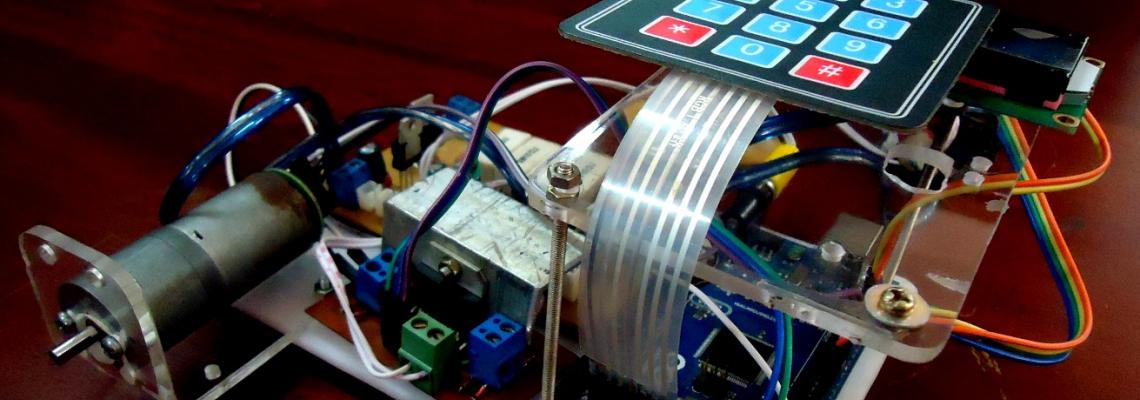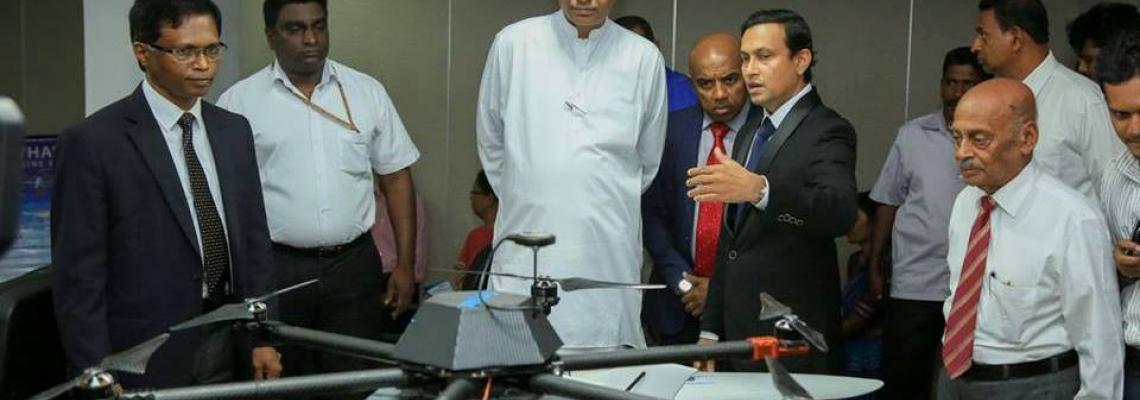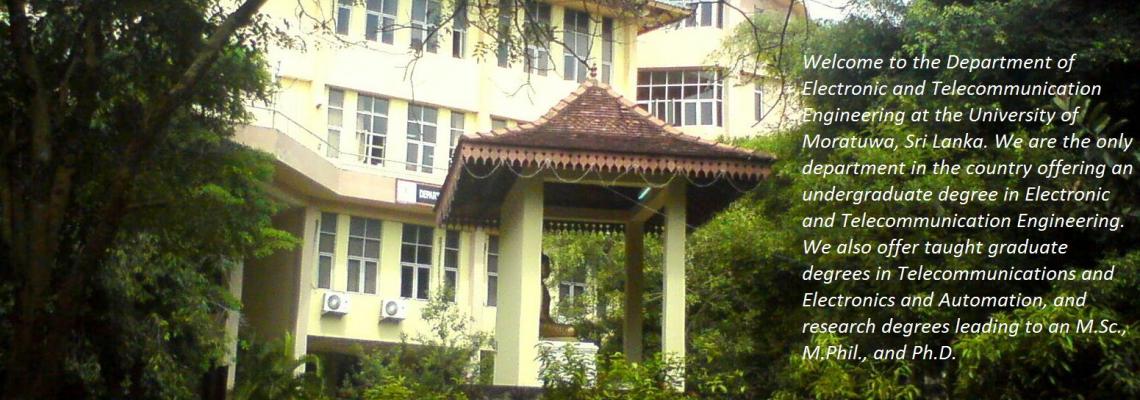The field of Electronic and Telecommunications plays a vital role in the progress of the country. Thus our graduates are able to seek out opportunities to provide innovative solutions to real-life problems using their expertise, and contribute towards the economic development of the country. Our graduates have the foresight to drive industry in new directions capable of exploiting their expertise to the fullest.
Program Educational Objectives (PEOs) represent the expectations of the department for its students 5 years after graduation. An ENTC graduate is to be seen as a
1. Technology Leader
2. Innovator
3. Achiever
4. Professional
The department's objective is not only to produce professional engineers but technology leaders who can provide innovative solutions to the complex and challenging problems. The Program Outcomes of ENTC are,
PO 1: Apply mathematics, science, engineering fundamentals and an engineering specialization to the conceptualization of engineering models.
PO 2: Identify, formulate, research literature and solve complex engineering problems reaching substantiated conclusions using first principles of mathematics and engineering sciences.
PO 3: Design solutions for complex engineering problems and design systems, components or processes that meet specified needs with appropriate consideration for public health and safety, cultural, societal, and environmental considerations.
PO 4: Conduct investigations of complex problems including design of experiments, analysis and interpretation of data, and synthesis of information to provide valid conclusions.
PO 5: Create, select and apply appropriate techniques, resources, and modern engineering tools, including prediction and modeling, to complex engineering activities, with an understanding of the limitations.
PO 6: Function effectively as an individual, and as a member or leader in diverse teams and in multi-disciplinary settings.
PO 7: Communicate effectively on complex engineering activities with the engineering community and with society at large, such as being able to comprehend and write effective reports and design documentation, make effective presentations, and give and receive clear instructions.
PO 8: Demonstrate understanding of the societal, health, safety, legal and cultural issues and the consequent responsibilities relevant to engineering practice.
PO 9: Understand and commit to professional ethics and responsibilities and norms of engineering practice.
PO 10: Understand the impact of engineering solutions in a societal context and demonstrate knowledge of and need for sustainable development.
PO 11: Demonstrate a knowledge and understanding of management and business practices, such as risk and change management, and understand their limitations.
PO 12: Recognize the need for, and have the ability to engage in independent and life-long learning.
PO 13: Demonstrate a knowledge and understanding of contemporary technologies, their applications and limitations, contemporary research in the broader context of relevant fields.
PO 14: Demonstrate the ability to succeed in national and international competitive events in the relevant fields.

